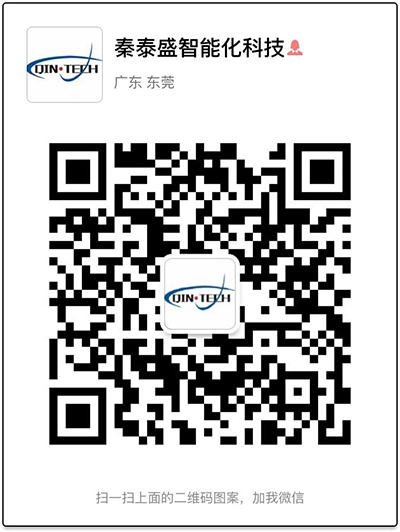NEWS新闻资讯
电话:0769-81664889 传真:0769-85356530 邮箱:sales11@in-techgroup.com 地址:东莞市长安镇咸西社区莲湖路6号
|
新闻详情
当前位置:
首页>
新闻详情
What should we do with new energy vehicle batteries?
专栏:Industry information
发布日期:2024-11-09
阅读量:1644
收藏:
What should we do with new energy vehicle batteries? Recycling and disposing of new energy vehicle batteries is an important environmental protection issue. Guangdong Qin-Tech has adopted two methods in this field, i.e. gradient utilization and dismantling and recycling, and the following is a detailed explanation of these two methods:
I. Laddering Utilization The Laddering utilization refers to the decommissioning of new energy vehicle power batteries after testing, classification, repair, or reorganization and then reapplying them to areas with lower battery performance requirements. This approach aims to extend the service life of batteries and maximize the use of resources. 1. Application Scenario: Batteries utilized in step-down can be applied to energy storage systems, low-speed electric vehicles, backup power, and other fields. These fields have relatively low requirements for battery energy density and cycle life, but can fully utilize the remaining capacity of the battery. 2. Advantages: - Extend the service life of batteries and reduce the waste of resources. - Reduce the production demand for new batteries and reduce environmental pollution. - Provide new application value for retired batteries and create economic benefits. 3. Implementation process: - Test and categorize decommissioned batteries to assess their remaining capacity and performance. - Rehabilitate or reorganize the batteries that meet the conditions for gradual utilization. - Apply the repaired or reorganized batteries to appropriate fields.
II. Dismantling and recycling Dismantling and recycling is to physically or chemically treat the batteries that can no longer meet the demand for use after the gradient utilization, in order to recover the valuable materials in them. 1. Dismantling process: - Use specialized equipment to dismantle the battery and separate the components such as the battery shell, positive and negative electrode cells, and diaphragm. - The disassembled components are further processed, such as crushing, sorting, etc., to separate out valuable materials. 2. Recycling materials: - Valuable materials mainly include lithium, cobalt, nickel, and other metal elements, which are important raw materials for manufacturing new batteries. - By recycling these materials, the production cost of new batteries can be reduced and resource consumption can be minimized. 3. Environmental protection measures: - During the dismantling and recycling process, strict environmental protection measures are taken to prevent the emission of pollutants such as waste liquid and gas. - The dismantled waste is properly disposed of to ensure that it will not cause secondary pollution to the environment. 4. Technological innovation: - Guangdong Qin-Tech adopts advanced technology and equipment in the field of dismantling and recycling, such as an automated dismantling line and intelligent sorting system, which improves the dismantling efficiency and recycling rate. - Through the research and development and application of new technologies, the energy consumption and pollution emissions in the dismantling process have been reduced. The recycling and treatment of new energy vehicle batteries is a complex and delicate process, which requires comprehensive consideration of many factors, such as the performance of the batteries, application areas, and environmental requirements. Guangdong Qin-Tech realizes the efficient treatment and resource recovery of retired batteries through the effective combination of gradient utilization and dismantling and recycling. This not only helps to extend the service life of batteries, and reduce resource waste and environmental pollution but also provides strong support for the sustainable development of the new energy vehicle industry. 下一页:找不到相关信息
|









